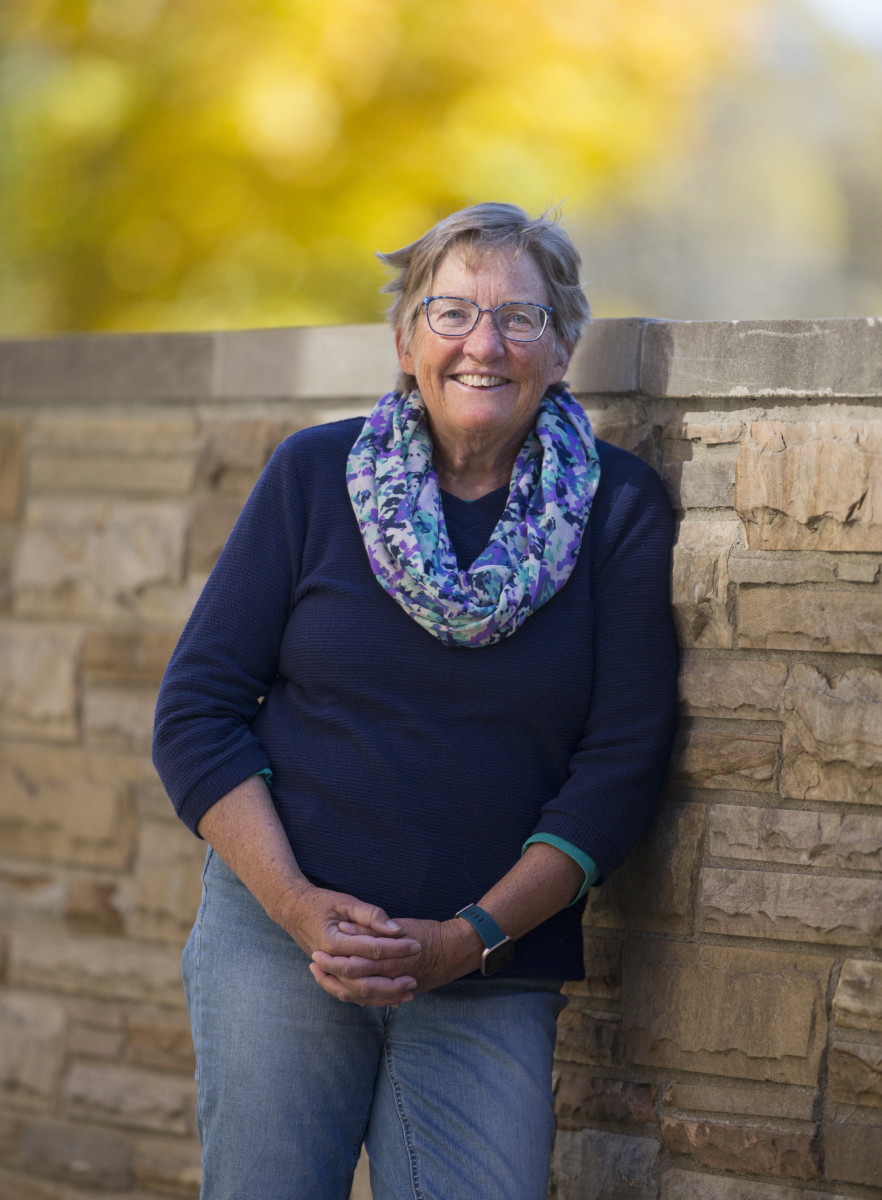by Lynn Japinga
Sometimes the Bible tells ugly stories which serve as a mirror to contemporary society, even though three millennia have elapsed
Amnon was the oldest son and heir to the throne of King David. Amnon had a secret. He lusted after his half-sister Tamar, but was angry because “it was impossible for him to do anything to her.” Amnon pretended to be sick and asked his father to send Tamar to care for him. When she came and they were alone, he grabbed her. She begged him not to force her. She even offered to marry him. But he would not listen, and he raped her.
Amnon’s “love” quickly turned to hatred, and he ordered her to leave. Again, she protested that she would be shamed. Again, he would not listen. Tamar was devastated. She tore her robe, put ashes on her head, and went away crying.
When her brother Absalom learned what had happened he told her to “be quiet for now” and “do not take this to heart.” When King David heard the story, he was angry, but did not punish Amnon because he loved him and did not want to endanger the reputation of the future king.
Tamar was a “desolate woman” who was now considered used goods. Absalom hated Amnon and two years later, arranged for Amnon’s murder. Nothing more is said of Tamar.
Amnon is an arrogant, entitled man who thinks he can use his power to take what he wants. Absalom has the power to silence Tamar. David failed to use his power to prevent the abuse, punish Amnon, or comfort Tamar. Tamar had no power. When she used her voice, no one listened.
Abuse exploits the vulnerability and intimacy present in relationships between spouse, siblings, parents and children, teachers and students, doctors and patients, pastors and parishioners. The abusive person ceases to be a mentor, healer, coach, or spiritual guide, and becomes a predator.
 In the case of the United States women gymnasts, it appears that many people at many levels failed to listen. Admittedly, it is difficult to listen to stories about people we think are respectable, safe, and wise. It is difficult to listen to stories that are too ugly, too painful, too unbelievable.
In the case of the United States women gymnasts, it appears that many people at many levels failed to listen. Admittedly, it is difficult to listen to stories about people we think are respectable, safe, and wise. It is difficult to listen to stories that are too ugly, too painful, too unbelievable.
All too often, the institution, whether a church, a university, or a business, has been silent, or has talked rather than listen. Children are told that they are imagining the abuse. Battered women are told to go back home and try not to make their husbands angry. Abused children and adults are told that the peace and well-being of the institution are more important than telling the truth, listening to the victims, and confronting the abuser.

Finally, someone listened to the gymnasts and they told their horrific stories, often with strong and powerful voices. Finally, a bit of light shines in a very dark place.
When abuse happens, there is no simple process of “getting over it,” forgiving, and moving on. The DNA of an institution is profoundly affected by the secrets and lies. Penn State University knows this. The Roman Catholic Church knows this. Congregations and families know this. Institutions have to ask the hard questions about how the abuser was allowed to function in the system. “I didn’t know” is not a valid excuse but a sign that the system did not work.
How can systems be transformed so that abuse can be prevented? That is a big question that can’t be addressed in a blog post. But here are things we might try. Listen to the #metoo stories, and remember that there are many more that have not been told. Make safe space for people to think and talk about these issues. Pastors, preach on this text, or start a Bible study or a small group. Talk about power and consent. Allow people to be angry. Don’t push quick forgiveness. Don’t blame the victims.
The story of Tamar ends badly. She is desolate. David is silent. Amnon is dead. There is no good news here, but the text encourages us to consider a different ending, where the parent takes action, the abuser is confronted, and the victim is heard and cared for. We can write a better ending that chooses to listen rather than ignore, to offer grace and healing rather than shame.
Amnon had a secret, and for centuries, the church helped to keep that secret. Amnon would not listen to Tamar, and for centuries, the church would not listen to victims of abuse. But Tamar has not been silenced. She has a story to tell, if only we will listen.
Lynn Japinga is teaches religion at Hope College in Holland, Michigan. She is the author of Preaching the Women of the Old Testament: Who They Were and Why They Matter, from which this essay is adapted.

